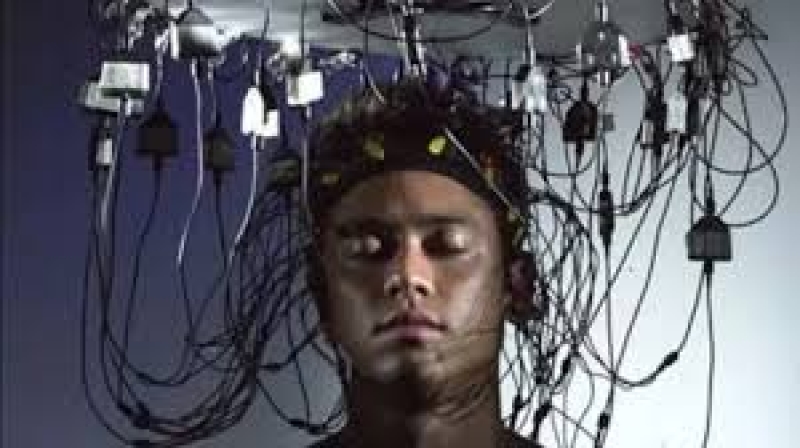- Guterres Urges Leaders to Act as UNGA Week Begins |
- BNP to go door to door for hearts and votes |
- Chittagong port tariffs increased up to 50 per cent |
- Rising Heat Cost Bangladesh $1.8 Billion in 2024 |
- Stocks extend gains; turnover drops in Dhaka, rises in Ctg |
Japanese Scientists Create Device to Record Dreams

In a remarkable breakthrough, Japanese scientists have created a device capable of recording dreams and playing them back, according to India Today. This innovation merges advancements in artificial intelligence and brain imaging, offering a fascinating glimpse into the subconscious mind.
The research, conducted at the ATR Computational Neuroscience Laboratories in Kyoto and led by Professor Yukiyasu Kamitani, utilized functional magnetic resonance imaging (fMRI) to capture detailed neural activity associated with dreaming. The study involved closely monitoring volunteers during the initial stages of sleep. When participants entered REM sleep, they were awakened and asked to recount their dreams.
By analyzing the brain scans and developing a comprehensive database that correlates specific brain patterns with corresponding images, the researchers achieved an impressive 60% accuracy in predicting dream content. This accuracy rose to over 70% for particular visual elements within those dreams.
Professor Kamitani remarked, “We were able to reveal dream content from brain activity during sleep, which was consistent with the subjects' verbal reports.” This pioneering technology opens the door to decoding the complexities of dreams through neural activity.
The implications of this device extend far beyond mere curiosity. It offers invaluable insights into the human brain, consciousness, and the role of dreaming, making it a significant development for neuroscientists, psychologists, and researchers alike. Dr. Mark Stokes, a cognitive neuroscientist at the University of Oxford, noted, “This research presents an exciting opportunity that brings us closer to the idea of machines that can decipher dreams.”
Moreover, the dream-recording device could revolutionize our understanding of mental health, allowing for more accurate assessments of an individual’s psychological state and aiding in the diagnosis of various disorders.
While the technology has generated considerable excitement, it remains in the early stages of development. Researchers are dedicated to enhancing both the clarity and accuracy of the reconstructed dreams. As this field advances, there is optimism about uncovering deeper insights into the nature of dreams and the accompanying emotions and experiences that shape our lives.

